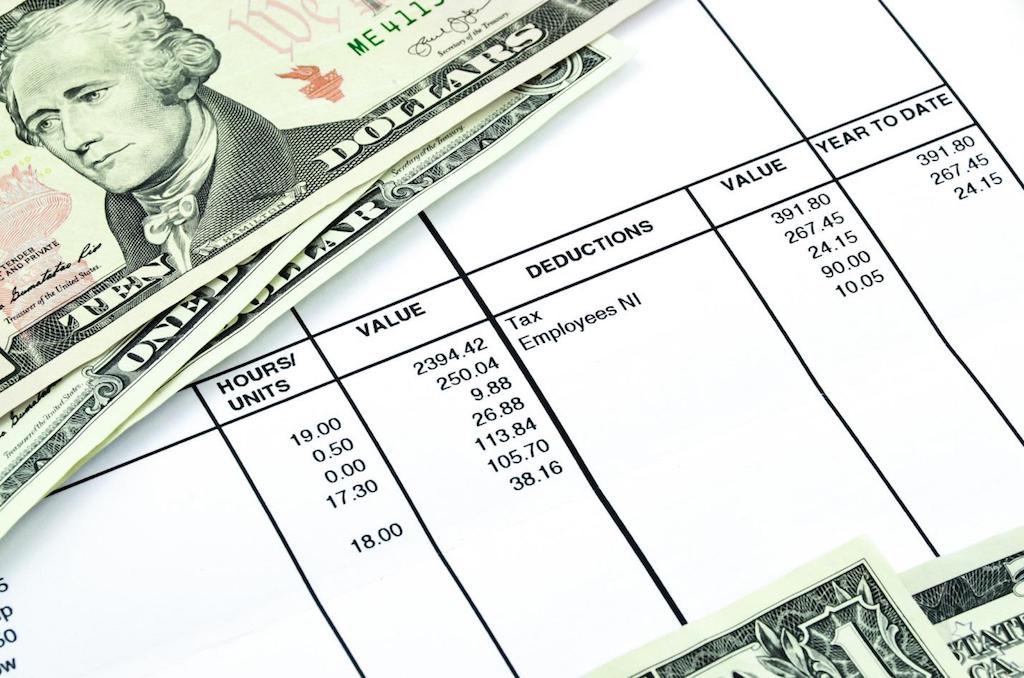
An effective way to deal with the financial burden of multiple student loans is by consolidating them into one loan. Graduation is a major accomplishment but for many graduates it also constitutes leaving school with thousands worth of student loan debt.
Dealing with this type of debt usually means that more than one loan is involved. You may have taken out a loan for each semester and if you were unable to rely on federal loans for all your costs, a private lending institution may have also been an option for funding other expenses.
Understanding Loan Consolidation
-
When you want to tackle student loan debt, one of the options that you have is loan consolidation. Many graduates have several student loans and student loan consolidation is a popular term that arises when considering repayment options.
-
Student loan consolidation simply means undertaking a process of combining multiple student loans to create one, larger loan, usually through a new lender. You will not owe the initial loans and a new consolidated loan comes with a new payment policies, interest rates, terms and conditions.
-
One of the choices that student borrowers have is to consolidate their loans and this can be the ideal decision, depending on the details of your loans. Factors such as interest rates, benefits, balances and type of loan and financial circumstances will determine whether consolidating is the right path to take.
-
It is important to note that loans are different and there is a significant difference between private loans from lending institutions and federal loans from by the government.
Making Monthly Payments Easier
Consolidating student loans makes it easier to deal with them with one payment and account that you need to monitor. If you find it difficult to track your loans and forget to make your payments, consolidation can help you organize your payments and avoid late fees as a result of missing payments.
Lower Payments
Student loan consolidation has the potential to lower payments through reduced interest rates or extended repayment periods. This will be based on your current loan terms and interest rates. The benefit of lower payments is essential for people who struggle to make their payments and are not eligible for a repayment plan that is based on income or deferred payment.
Better Rates
When you graduate, get a job and manage to meet your financial obligations, you may have a higher credit score. If your credit score has gone up since you originally obtained the loan, you may qualify for a reduced interest rate on consolidation loan because lenders will regard you as less of a credit risk than before. This depends on credit rating, existing loan rates and interest rates that are offered by the new lender.
Federal and Private Loans
If you received financial aid through federal student loans, consolidating your loans will give you a substantial amount of time to repay the loans with lower payments and fixed rates. For private loans, the rules and stipulations regarding consolidation will depend on the financial institution. The government manages federal loans while lending institutions such as credit unions and banks manage private loans.









